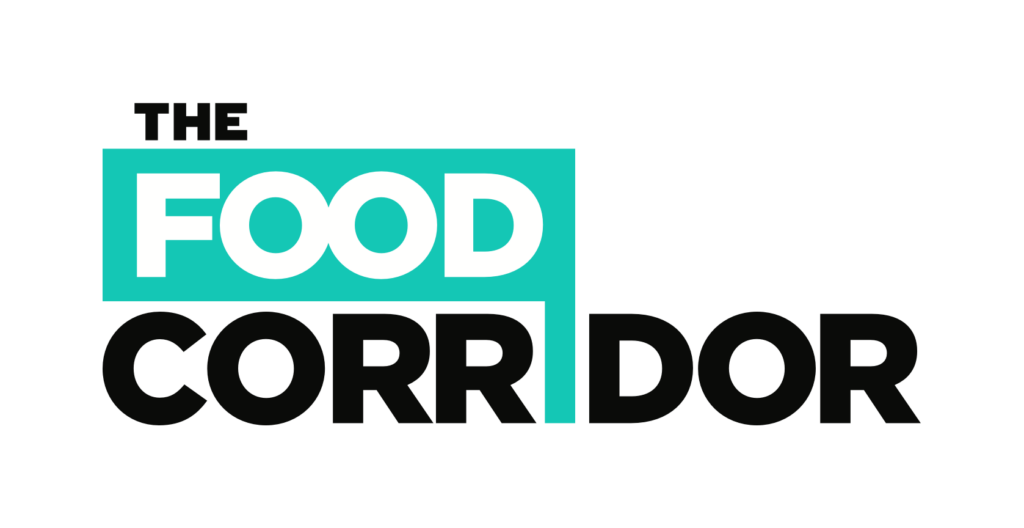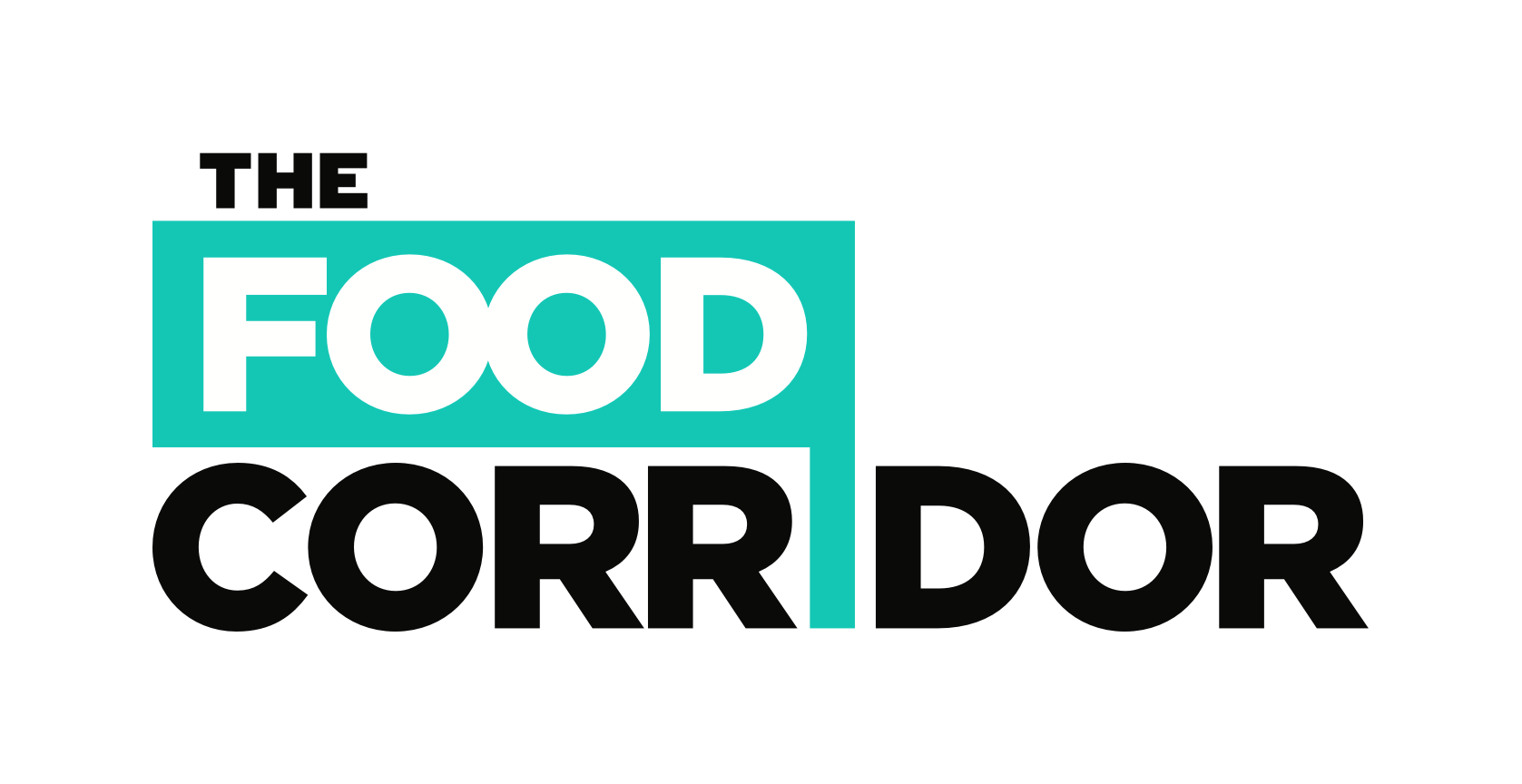Managing client documentation can be a headache. Here’s some information to help you develop and tailor document compliance procedures to meet the needs of your shared kitchen. This information comes straight from the Shared Kitchen Toolkit.
Managing document compliance is a necessary action for kitchen managers and is an ongoing task that starts during the application or ‘intake’ process. Completing the intake process usually involves collecting client documents, a security deposit, and signing the user agreement (also known as an operating, rental, membership, or services agreement). The laws for document requirements can vary by location. The basic documents that most shared kitchens require the client to have, however, are:
- Business license
- Proof of liability insurance
- Food handler or manager certification (most common being ServSafe)
- Food license or permit for their product (usually issued after inspection)
- Application or intake form
- Form of identification (for example, copy of driver’s license)
- Copy of business license
- Food Handler/Manager Certification
Some kitchens may also require each client to have a food processing or Hazard Analysis and Critical Control Points (HACCP) plan. Kitchens can help clients with a HACCP plan by providing a template with standard language about the facility and space for each client to personalize it.
Kitchens/incubators may also request a copy of the business plan, financial statements/projects, tax returns, resumes, or other business related documents. Kitchens/incubators serving businesses at the pre-incubation or incorporation stage may choose not to require these documents at the time of acceptance. They may opt to assist clients with formalizing their businesses and obtaining licenses, or they may only require initial documents, such as a food handler permit or a cottage food safety course (often offered through county extension offices) at the time of application.
Create a filing and tracking system for these documents to make sure you keep up on annual renewals of licenses and insurance. Monitoring compliance documentation on behalf of your clients is the responsibility of the kitchen manager. Tools like The Food Corridor allow you to upload these documents directly to the client’s account along with their expiration dates, so you will be notified when important documents are uploaded or nearing expiration. The Food Corridor also offers document compliance features with the ability to set a ‘disallow bookings’ function for clients who have not uploaded their required documents. Otherwise, you will want to set up calendar reminders for when client documents will expire or organize them in an Excel file for daily or weekly monitoring.
Looking for more advice on operating your shared kitchen space? Check out our Shared Kitchen Operations Manual.


